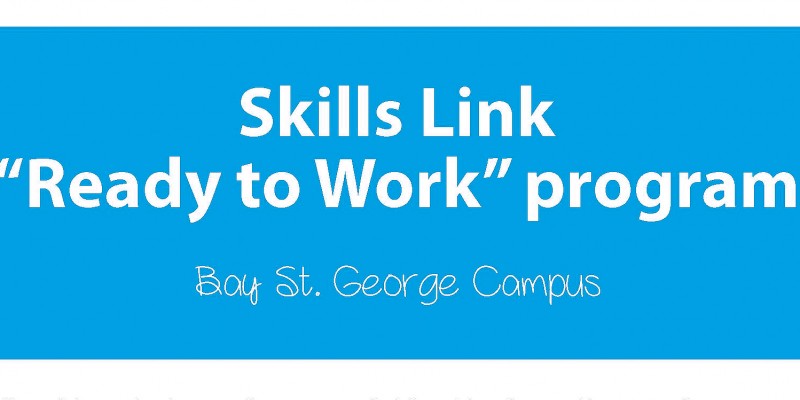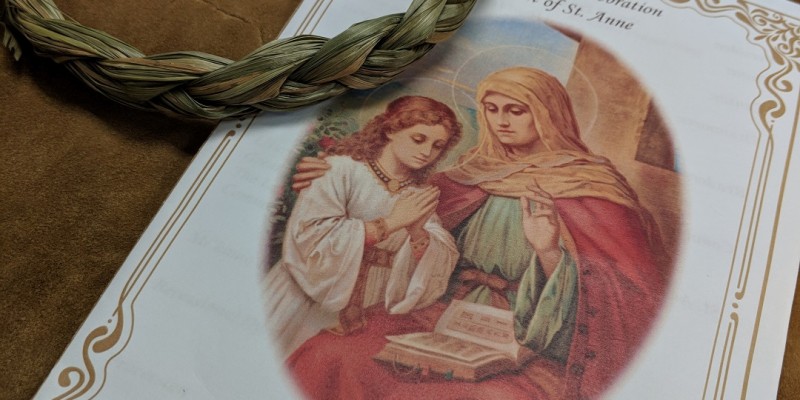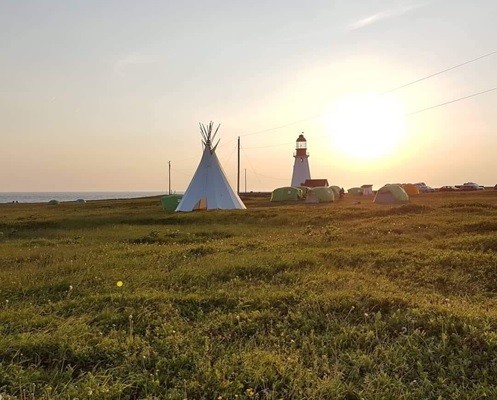College of the North Atlantic is offering a 13-week Skills Link “Ready to Work” program. This program
includes 6 weeks of paid classroom training and 7 weeks of paid on-the-job training. Students are
also eligible for a $150 Completion Bonus upon successful attendance and participation.
This program will provide students the opportunity to improve their employability skills with
Professional and Personal Development seminars, Job Search Skills, and Introduction to Computers.
This program will help students recognize and build personal management skills required to transition
to the workforce. Students will become certified in Emergency First Aid, WHMIS 2015, and Back Injury
Prevention. Students will have the opportunity to explore career choices, develop job search tools such
as a resume and cover letter, and participate in a supported job search. Students will then participate in
an on-the-job training session for at least 24 hours per week over a period of 7 weeks.
Entrance Requirements: Students must be:
• between the ages of 15 and 30 (inclusive) at the time of intake/selection;
• facing barriers to employment;
• Canadian citizens, permanent residents, or persons who have been granted refugee status in Canada;
• legally entitled to work according to the relevant provincial/territorial legislation and regulations; and
• not in receipt of Employment Insurance (EI) benefits.
* Open to applicants who have or have not completed high school and meet the requirements
listed above.
Start Date: October 9, 2018**
Location: Bay St. George campus
Registration Deadline: September 10, 2018
**This program will be offered pending sufficient enrollment.
For further information, please contact:
Gail Dober at 709 643 7749, gail.dober@cna.nl.ca or
Deborah Jennings at 709 643 7825, deborah.jennings@cna.nl.ca










